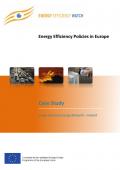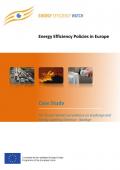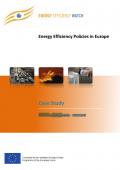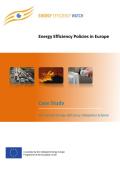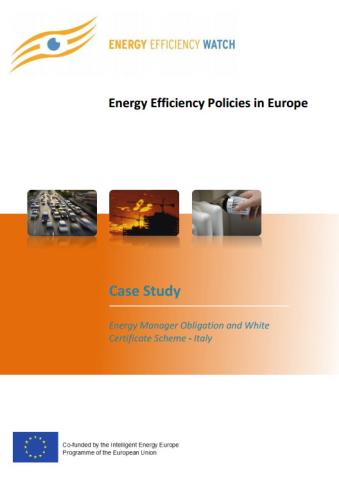
Italy is one of the largest emitters of greenhouse gases in the European Union. In the 1990s, the industry sector was responsible for approximately one-third of the energy consumption in Italy. To address these barriers, the National Energy Plan, called Energy Manager Obligation and White Certificate Scheme, was published including an obligation for industrial companies and public administrations with a very high energy consumption to nominate an energy manager. The industry sector is the main target group as well as the transport sector which is also addressed. For large industrial sites and buildings, it is mandatory to engage an energy manager since 1991. The overall target is to promote end-use energy savings both in the residential sector and the industry/commercial and public sectors. According to the report, the impact of the scheme is high and a large amount of energy savings was realised.
This research from the Energy Efficiency Watch 3 project informs on the progress of EU Member States with regards to energy efficiency policies. The core objective of EEW3 is to establish a constant feedback loop on the implementation of European and national energy efficiency policies and thus enable mutual learning on effective policy making across the EU. It compiles 28 country reports, provides strategic conclusions for more effective policies and presents 10 case studies of well-established policy packages and a Feedback Loop Report. It thereby intends to improve the implementation of European energy efficiency policies on the energy demand side.

